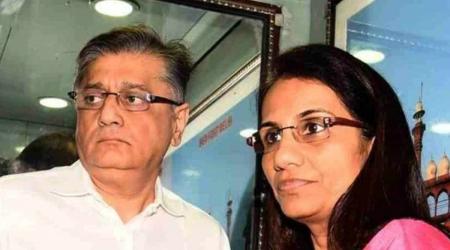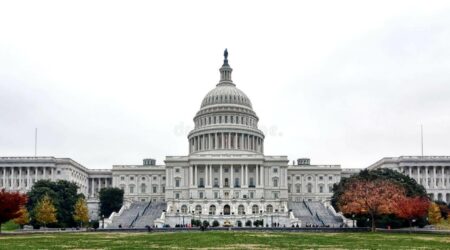The World Bank on Thursday, July 21, appointed an Indian national Indermit Gill as the chief economist and senior vice-president for development economics at the multilateral development bank. His appointment will be effective from September 1, this year.
According to the statement released by World Bank President David Malpass, Gill spearheaded the influential 2009 World Development Report on Economic Geography. Besides, Malpass said his pioneering work also includes introducing the concept of the “middle-income trap” to describe how developing countries stagnate after reaching a certain level of income. He has published extensively on policy issues facing developing countries, sovereign debt, green growth, labor markets, poverty and inequality, and managing natural resource wealth.
“Indermit Gill brings to this role a combination of leadership, invaluable expertise and practical experience working with country governments on macroeconomic imbalances, growth, poverty, institutions, conflict, and climate change,” said Malpass.
“Indermit is widely respected for his intellectual contributions to development economics,” he added.
An Indian national, Gill is currently Vice President for Equitable Growth, Finance, and Institutions, where he led work on macroeconomics, debt, trade, poverty, and governance. Between 2016 and 2021, he was a professor of public policy at Duke University and a non-resident senior fellow in the Global Economy and Development program at the Brookings Institution.
Moreover, Gill also taught at Georgetown University and the University of Chicago. A student of Nobel Laureates Gary Becker and Robert E. Lucas Jr., Gill holds a PhD in economics from the University of Chicago, according to the statement.
Thanking the World Bank, Gill wrote, “@carmenmreinhart left big shoes to fill. I’m honored by the opportunity to follow in her footsteps. I start September 1 as @WorldBank Chief Economist and Senior Vice President for Development Economics.”











